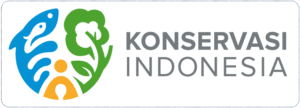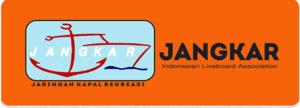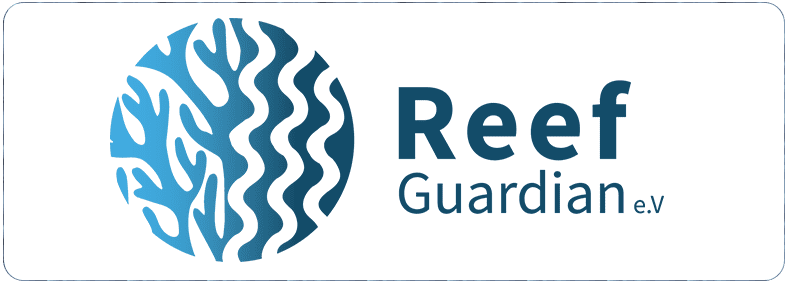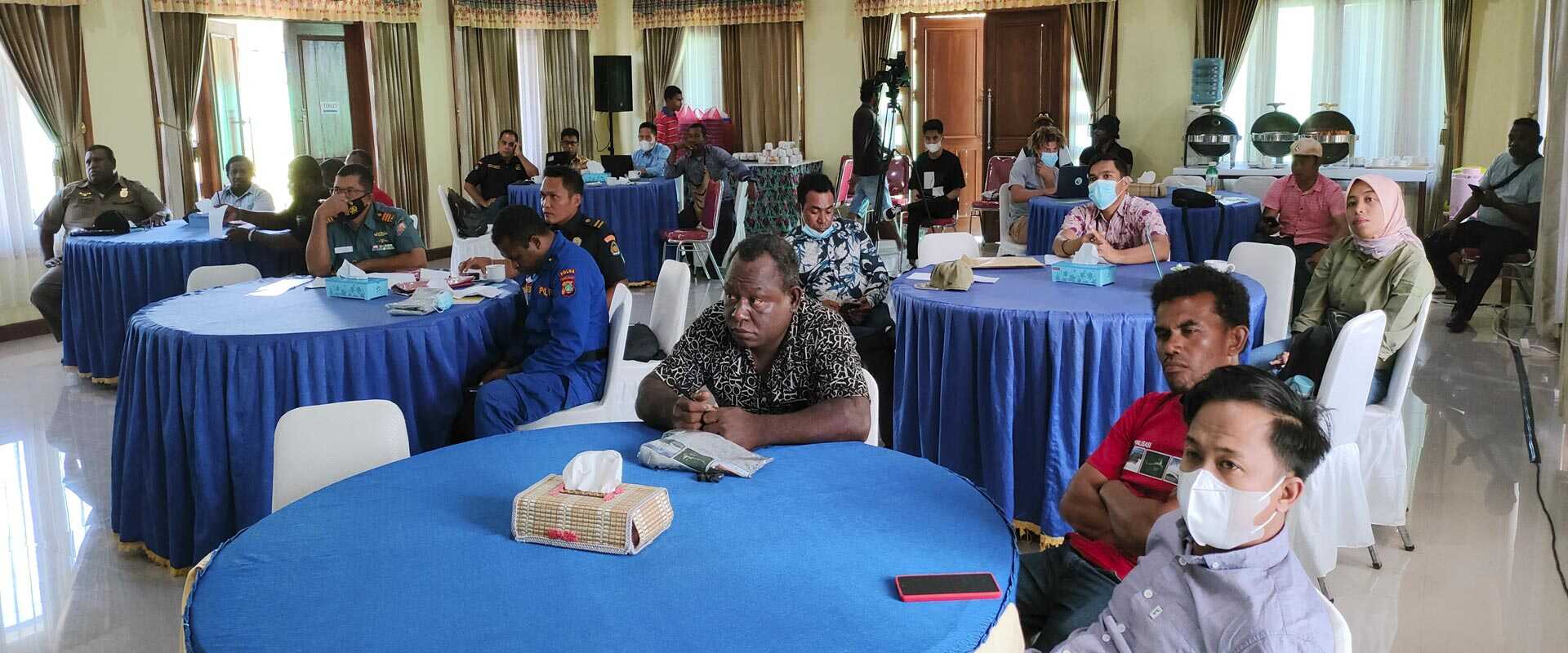Raja Ampat Marine Park’s Authority* Proposed Five Topics To Further Strengthen Its Management, by: Nikka Gunadharma** and Allan Fredrik Ramandey***
Waisai, 21st of July 2022.
The ever-changing dynamics in managing protected areas inevitably needs adapting, without essentially deviating from the Management and Zoning Plans, set forth in the primary management document for establishing marine protected areas (MPAs). These changes come in various forms under the management system built and developed by the management unit and its partners.
The Raja Ampat Marine Park’s Authority, collaborating with the Sorong’s Office of Marine and Coastal Resources Management (a technical unit of Ministry of Marine and Fisheries, MMAF) and Konservasi Indonesia****, proposed five topics as efforts in strengthening its effectivity on managing MPAs in Raja Ampat. The event was held in front of offline and online audiences, from various agencies of Raja Ampat Regency’s Government, and other non-governmental organizations working in the archipelagic regency.
Raja Ampat Marine Park’s Authority, an official Management Unit (Satuan Unit Pengelola or SUOP) under the West Papua Province Government’s Marine and Fisheries Agency, began the one-day event by highlighting MMAF’s Decree No. 13 (2021) as the main, and most recent, regulation relating to the existence and management of six Raja Ampat MPAs.
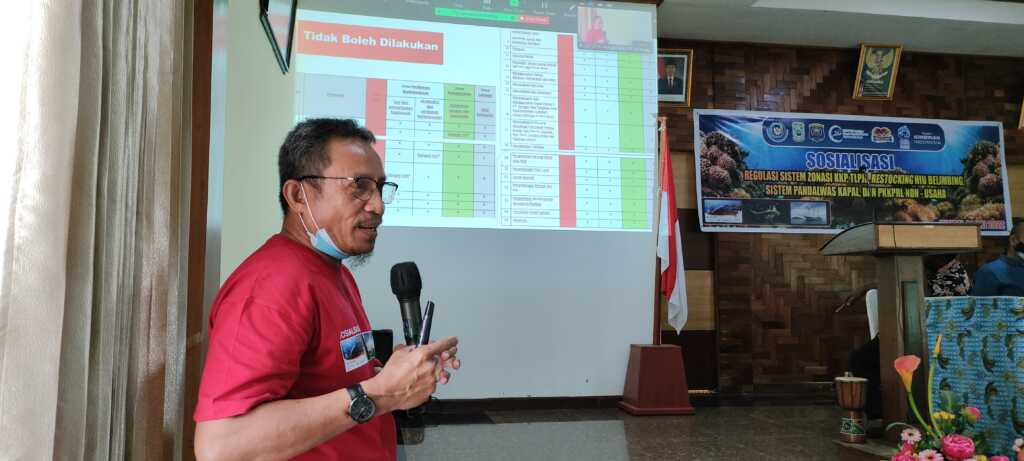
Head of Raja Ampat Marine Park’s Authority, Syafri, S.Pi., while explaining all activities that are not allowed to be conducted within the MPAs. (Photo by: Rens Lewerissa-KI/2022)
In his presentation, the Head of Raja Ampat Marine Park’s Authority, Syafri, S.Pi., said that there are no substantial changes related to the existence of the six MPAs under his management. However, Syafri continued, there are changes in names of the zoning system. Even though essentially these latest changes – just like the previous regulation – still aim to sustainably manage marine’s natural resources by administering activities within the MPAs.
The second topic was presented by Yoan Agustine, Promotion Staff from Raja Ampat Marine Park’s Authority. She reminded the audiences that the entrance fee, as regulated through the West Papua Governor’s Decree No. 4 (2019), is the Management Unit’s primary source for financing all its management implementations for those six MPAs – actually seven if Wayag, which is officially under direct authority of the MMAF, is included.
Based on that regulation, Yoan emphasized, “Local and international tourists, Indonesian and foreign researchers, and participants of other forms of excursion that enters, passes through, or stays within the Raja Ampat MPAs are obliged to pay the entrance fee.” Yoan also explained that this regulation does not apply to residents of Raja Ampat, Indonesian students that have letter of recommendation from the West Papua Province’s Government, children younger than 12 years old, and non-profit organizations actively in cooperation with the Raja Ampat Marine Park’s Authority.
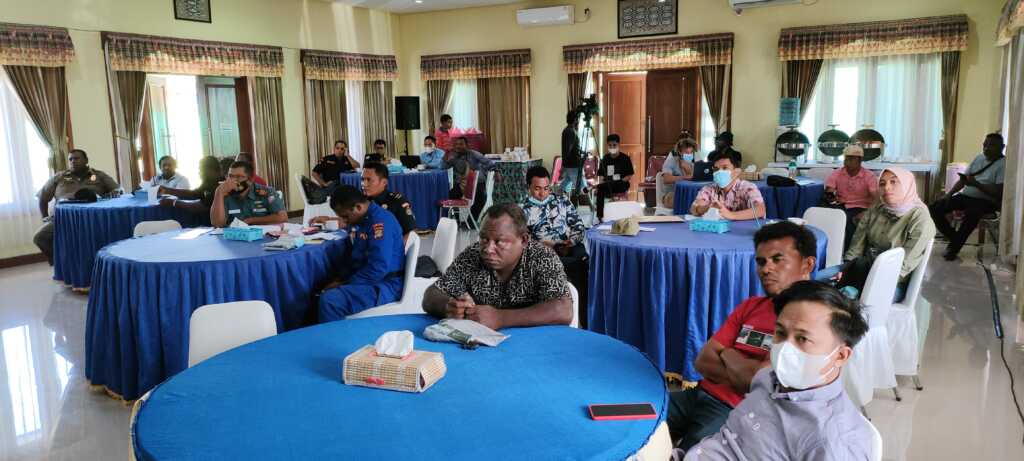
The socialization event was attended by 35 offline participants, while 23 joined online. (Photo by: Rens Lewerissa-KI/2022)
Representatives from Sorong’s Office of Marine and Coastal Resources Management continued with Topic 3, on the procedure of “Approval on Suitability of Activity in Utilization of Marine Space”. This procedure is directly related with all other activities within Raja Ampat’s MPAs, which has significantly increased in intensity during the past few years.
Regarding Topic 3, Hendrik Sombo from the Sorong’s Office of Marine and Coastal Resources Management, explained that business owners, NGOs, and community members that intend to build infrastructure or undertake conservation work, including the activities with potential to threaten the lives of marine biota, are obliged to obtain the proper permit. Hendrik also explains that this procedure aims to parse the issues on both marine spatial and ecological management.
The next topic was related to zebra shark’s (Stegostoma tigrinum) translocation conservation initiative in Raja Ampat, known as StAR. KI’s Shark Science and Management Coordinator, Abdy Wunanto Hasan, explained, “Zebra sharks have become increasingly hard to spot since the 2000s, because in 1990s they were hunted heavily throughout Southeast Asia for their fins. In 2003 this species was listed as “Vulnerable” in IUCN’s list.“
Abdy explained that the zebra shark’s initiative in Raja Ampat aims to rebuild its population in West Papua in general, while safeguarding its natural ecosystem in order to maintain ecological balance, and to develop its economic impact; especially through sustainable tourism led by locals in Raja Ampat and West Papua.
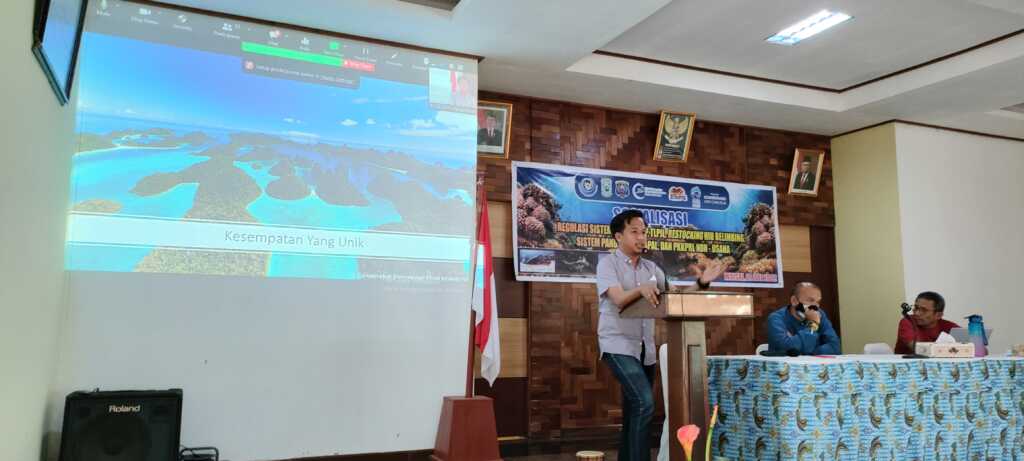
Abdy Wunanto Hasan, KI’s Shark Science and Management Coordinator, presented the zebra shark’s conservation initiative to be implemented in Raja Ampat. (Photo by: Rens Lewerissa-KI/2022)
Implementation of this particular initiative, according to Abdy, will become clearer in the final quarter of 2022. Abdy also reminded the audiences that Raja Ampat is a sanctuary for all species of sharks and rays since the legislation of Raja Ampat’s Regional Regulation No. 9 (2012).
The day’s final topic was a presentation by the marine park authority regarding the latest innovation in managing marine tourism which uses sea transportation. The topic titled “Vessels’ Monitoring, Controlling, and Supervision System” was presented by Syafri, S.Pi.
Syafri briefly explained that this system aims to reduce the density of activity in Raja Ampat MPAs by distributing tourism vessels throughout activity “clusters” within one MPA, including the application of allowed time for a vessel to stay in one particular cluster.
* RAJA AMPAT MARINE PARK’S AUTHORITY
The official name for Raja Ampat’s Marine Park Authority is “Badan Layanan Umum Daerah Unit Pelaksana Teknis Daerah (BLUD UPTD) Pengelolaan Kawasan Konservasi (KK) di Perairan Kepulauan Raja Ampat.” It is a technical unit under the West Papua’s Marine and Tourism Agency, and is currently, and officially, manage six Marine Protected Areas (MPAs) in Raja Ampat: Area I – Ayau-Asia Islands MPA; Area II – Mayalibit Bay MPA; Area III – Dampier Strait MPA; Area IV – Misool Islands MPA; Area V – Kofiau-Boo Islands MPA, and; Area VI – Fam Islands MPA. Raja Ampat’s Marine Park Authority also provides technical support for the MPA in Raja Ampat that is manage by the central government, which is West Waigeo Islands Marine Reserve (Wayag). For further information, kindly visit www.kkprajampat.com (Bahasa Indonesia) atau www.rajaampatmarinepark.com (English).
** Nikka Gunadharma is the Raja Ampat Communication & Outreach Coordinato for KI.
*** Allan Fredrik Ramandey is the Data and Information Staff for Raja Ampat Marine Park’s Authority.
**** KONSERVASI INDONESIA
Konservasi Indonesia (KI) is a national foundation that aims to support the sustainable development and protection of critical ecosystems in Indonesia. We believe in the importance of multi-stakeholder partnerships across sectors and jurisdictions to support the preservation of critical ecosystems. We design and deliver innovative nature-based solutions to climate change, using a sustainable landscape–seascape approach to create lasting impacts for people and nature.
KI established strategic partnership with Conservation International (CI), following the closure of its programmatic operations in Indonesia. From three decades of work in Indonesia, CI adapted its strategy by partnering with KI. Our partnership with CI aims to increase the visibility of successes of our work for the international audiences, and to gain access towards global network as well. Kindly visit www.konservasi-id.org for further information.















